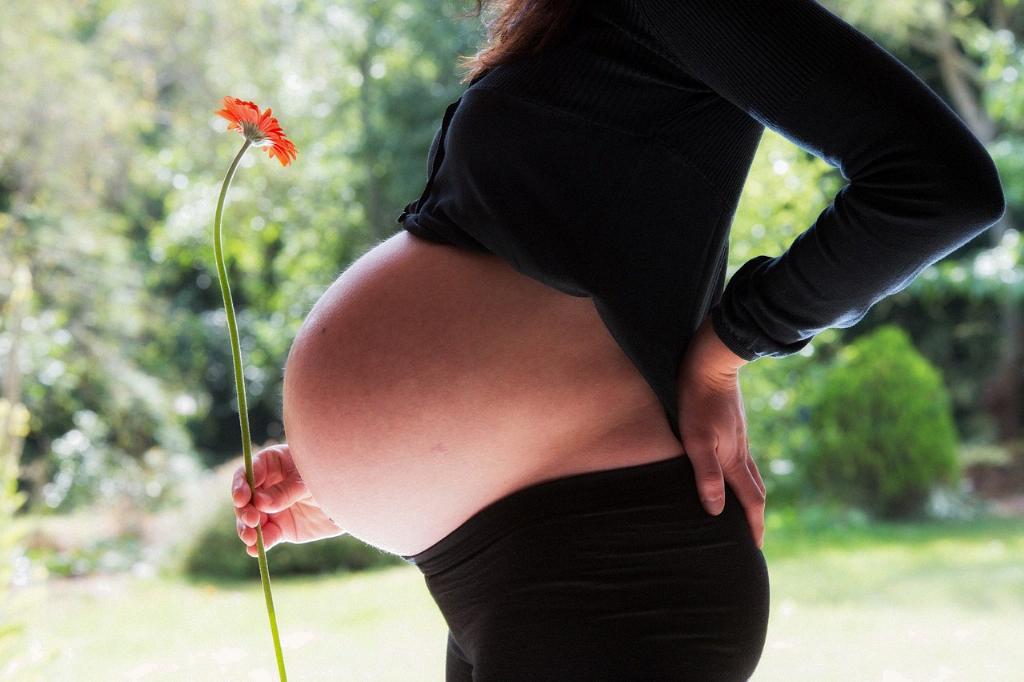When it comes to taking a home pregnancy test, the anticipation and emotional rollercoaster can be intense. The excitement and nerves can be overwhelming, but it is essential to understand that false pregnancy test results are a possibility. So, what exactly triggers a false-positive result?
Incorrect test usage is a common trigger for false pregnancy tests. While home pregnancy tests are designed to be user-friendly, there are specific guidelines that must be followed to ensure accurate results. Misreading the test, using an expired kit, or not following the instructions properly can lead to inaccurate outcomes.
Another factor that can trigger a false-positive pregnancy test is a history of previous abortions or miscarriages. In some cases, residual hCG (human chorionic gonadotropin) from a past pregnancy can linger in the body and interfere with the results of a new test. This can be a particularly challenging situation for women who have experienced pregnancy loss.
Medications can also play a significant role in triggering false-positive pregnancy tests. Certain medications, such as those containing hCG or fertility drugs, can cause the test to detect hCG where there may not be a viable pregnancy. It is crucial to be aware of any medications you are taking and how they might impact the accuracy of your pregnancy test.
Furthermore, medical conditions such as ovarian cysts or certain types of cancer can sometimes lead to elevated levels of hCG in the body, resulting in a false-positive pregnancy test. It is always advisable to consult with a healthcare provider if you suspect that a medical condition may be affecting your test results.
In some rare cases, a chemical pregnancy, which is a very early miscarriage, can trigger a false-positive pregnancy test. This can be emotionally challenging for individuals who receive a positive result only to later experience a loss. It highlights the delicacy and complexity of the process of detecting pregnancy.
Stress and anxiety can also impact hormone levels in the body, potentially leading to false-positive results on a pregnancy test. It is crucial to manage stress effectively, especially during the waiting period before taking a pregnancy test, to avoid any unnecessary confusion or distress from inaccurate results.
Diluted urine samples can also be a factor in triggering false-positive pregnancy tests. It is recommended to take the test with the first urine of the day, as it is more concentrated and likely to provide a more accurate result. Drinking excessive fluids before taking the test can dilute the urine and affect the outcome.
Issues with the test itself, such as a faulty kit or a manufacturing defect, can also lead to false-positive results. While rare, it is essential to check the expiration date of the test, ensure proper storage conditions, and if in doubt, consider using a different kit for confirmation.
Additionally, certain reproductive health conditions, such as polycystic ovary syndrome (PCOS), can cause irregularities in hormone levels that might influence pregnancy test results. Understanding the nuances of your reproductive health can help in interpreting test outcomes accurately.
In conclusion, various factors can trigger false pregnancy test results, ranging from user error to underlying medical conditions. It is crucial to follow test instructions carefully, be aware of any medications or health conditions that may impact the results, and seek professional advice if needed. Taking proactive steps to ensure the accuracy of a pregnancy test can provide clarity and peace of mind during what can be a highly emotional and significant moment in one’s life.

